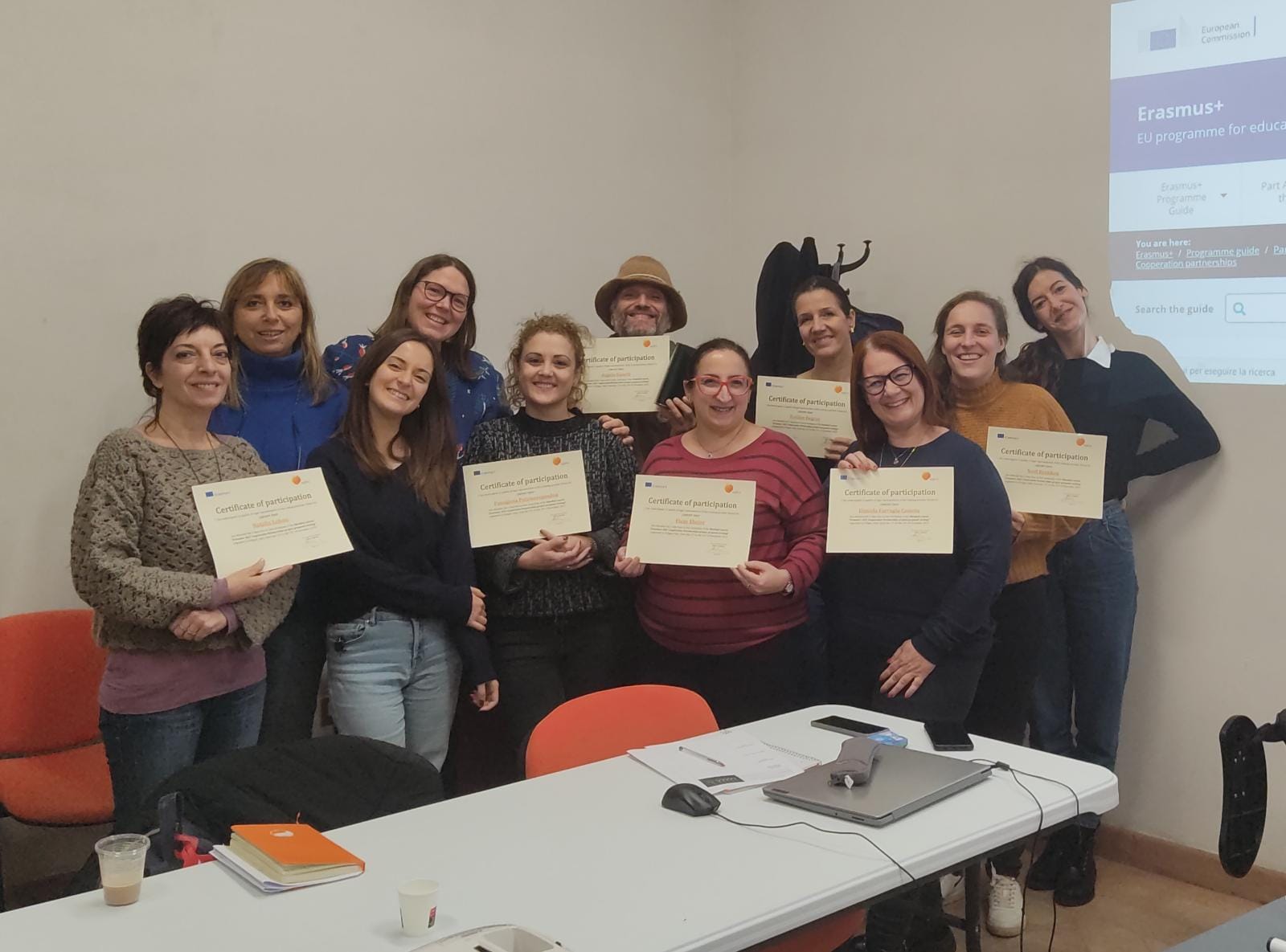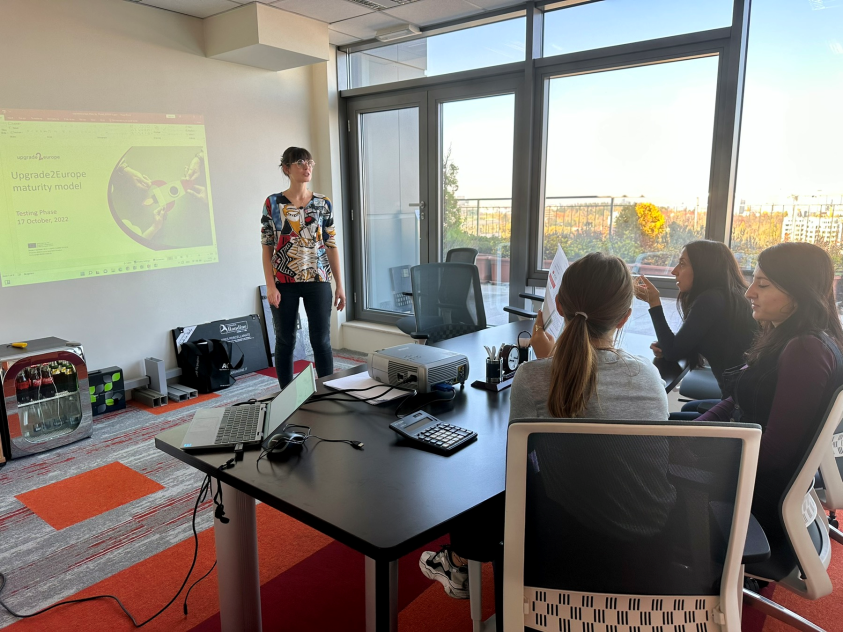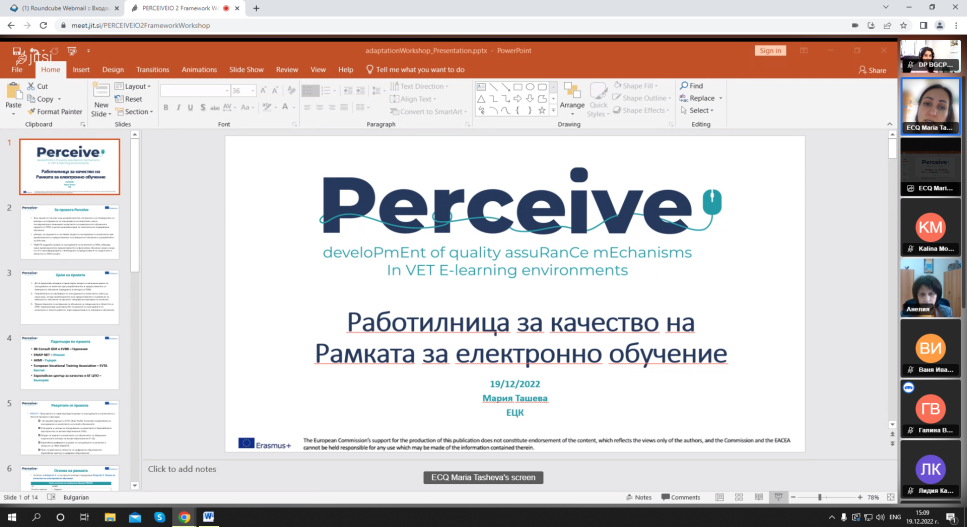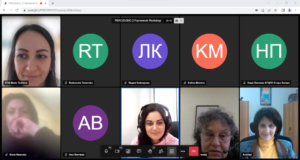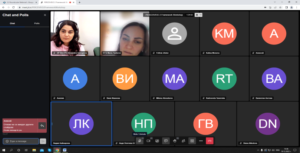Как по-ефективно да ангажираме вниманието на учещите в онлайн среда? И какви кратки упражнения и креативни дейности могат да използват преподавателите?
За да помогнем да учителите и обучителите по-добре да си отговорят на тези въпроси и да им дадем практически упражнения, които директно да приложат в ежедневната си работа, разработихме серия от методологически материали как по-ефективно да поддържат добра групова динамика в онлайн среда, както и база данни с 18 енергизиращи упражнения, чрез които да осигурят същото високо ниво на ангажираност и включване в онлайн среда, както в присъствените класни стаи и обучителни зали.
Материалите са разработени в рамките на проект „Т4Т – Обучителни ресурси в дигитална среда” (2021-1-ES01-KA220-ADU-000033654) и да налични на неговата интернет страница – https://digitaltools4teaching.eu (в т.ч. и на български език)
Какво включват материалите?
- Насоки как по-добре да създаваме ефективна групова динамика в онлайн обучителна среда, включващи 6 модула по темите:
- Особености на онлайн обучителната среда в сравнение с присъствената и хибридната (смесената);
- Дигитални инструменти и софтуерни решения, подходящи за поддържане на ефективно онлайн взаимодействие с учещите;
- Особености на ангажирането на учещите и работа в малки групи в онлайн среда;
- Създаване на ангажиращи енергизиращи и закриващи обученията упражнения, подходящи за онлайн или отдалечено учене;
- Повишаване на креативността и ангажираността на учещите в дигитална среда чрез артистични и творчески дейности;
- Роля и поведение на преподавателя в онлайн среда – съвети за успех.
- Ресурсна библиотека с общо 65 полезни материала и добри практики как да поддържаме ефективно групово взаимодействие в онлайн обучителна среда
- Практически упражнения за повишаване на груповата динамика в онлайн обучителна среда – общо 18, разделени в 3 категории – енергизиращи, загряващи и обобщаващи материала и закриващи обученията дейности и 6 теми:
- Упражнения, подходящи за езиково обучение;
- Упражнения, подходящи за обучение по предприемачество;
- Упражнения, подходящи за преподаване на екологични теми;
- Практически дейности, базирани на творчески и креативни дейности;
- Упражнения, подходящи за ИКТ обучение;
- Практически дейности, подходящи за хора с увреждания
- Записи на 6 уебинара как на практика могат да бъдат приложени разработените упражнения.
Всички материали са с безплатен и напълно свободен достъп и са представени в удобни и лесни за навигация и разглеждане интерактивни формати и бази-данни – https://digitaltools4teaching.eu/results
Проектът „Т4Т – Обучителни ресурси в дигитална среда” (2021-1-ES01-KA220-ADU-000033654) се съфинансира от програма „Еразъм+“ и се изпълнява в партньорсто между DOMSPAIN (Испания), Креативно и обучително студио „АРТИЕД“ (България), VSI EDUKACINIAI PROJEKTAI – EDUPRO (Литва), SPOLECZNA AKADEMIA NAUK (Полша), VI One Consultancy (Нидерландия) и MyArtist Koin.S.Ep (Гърция).
За повече информация, можете да се свържете с българския партньор – Креативно и обучително студио „АРТИЕД“ – artied.studio@gmail.com (Мариана Петрова – Ръководител на проекта)

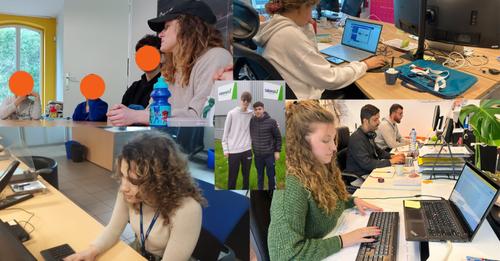
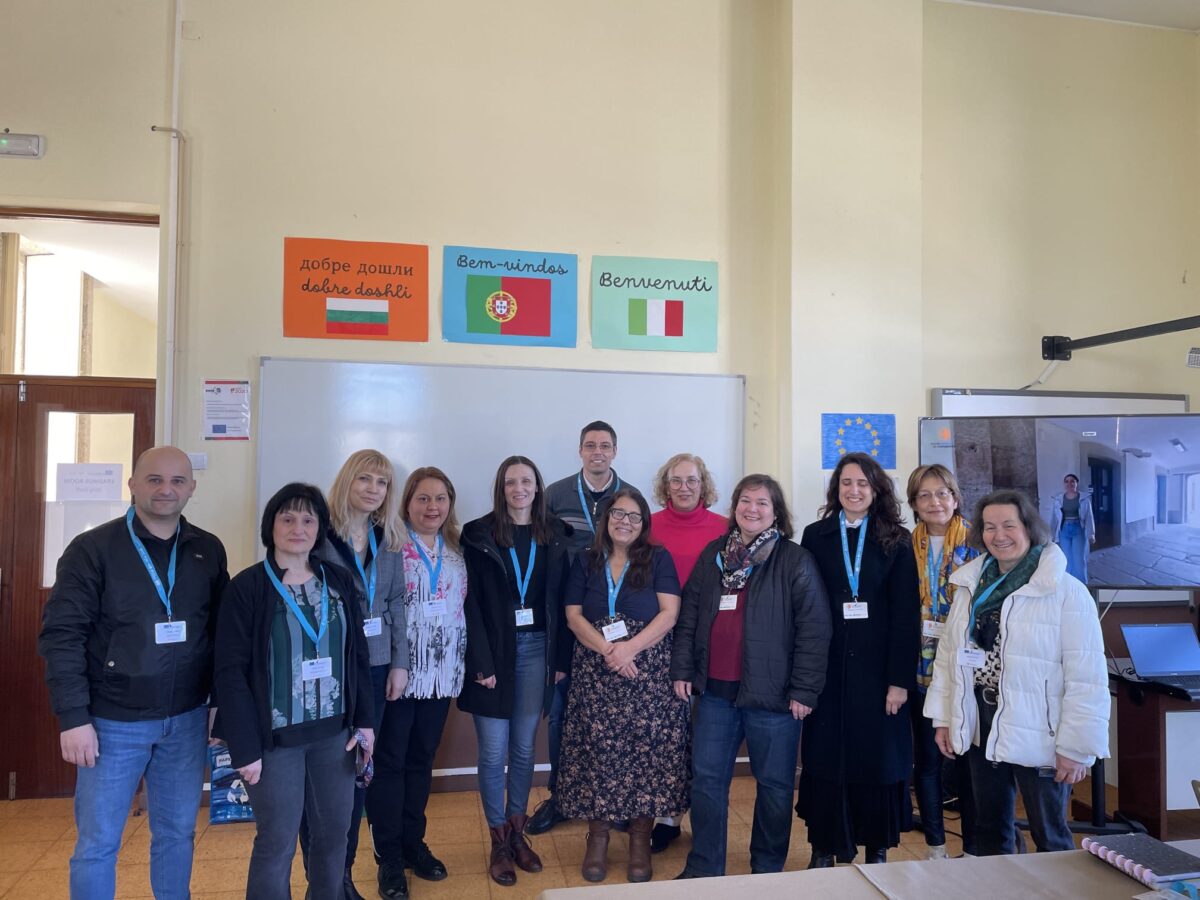
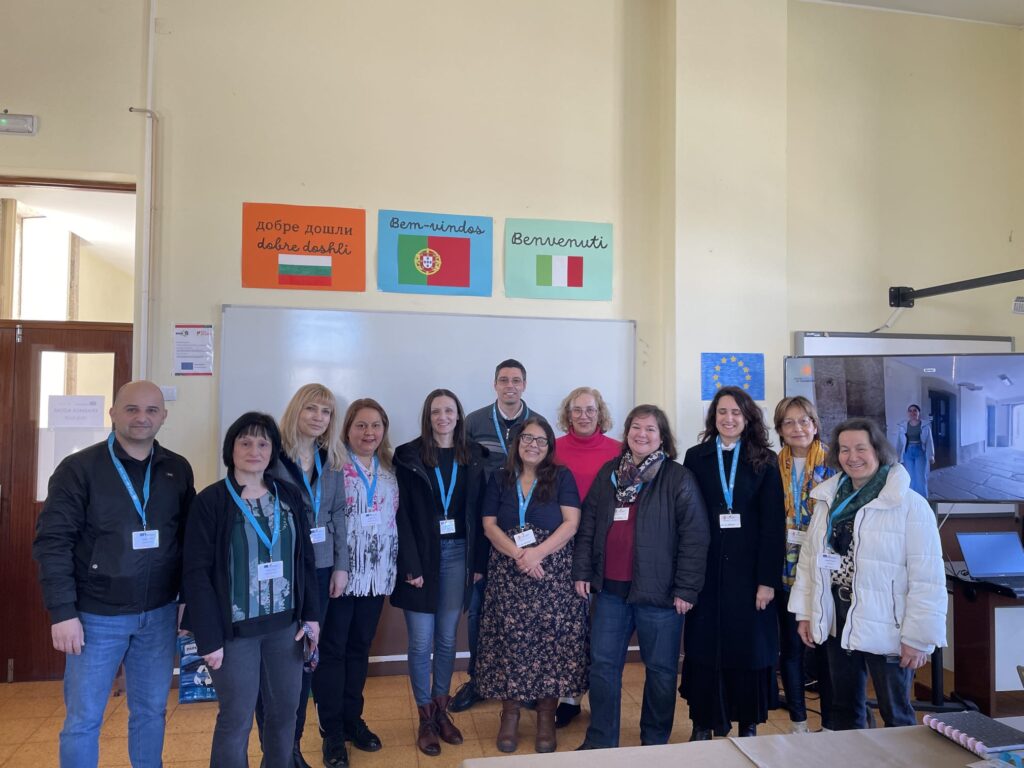
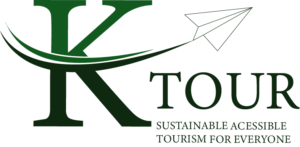
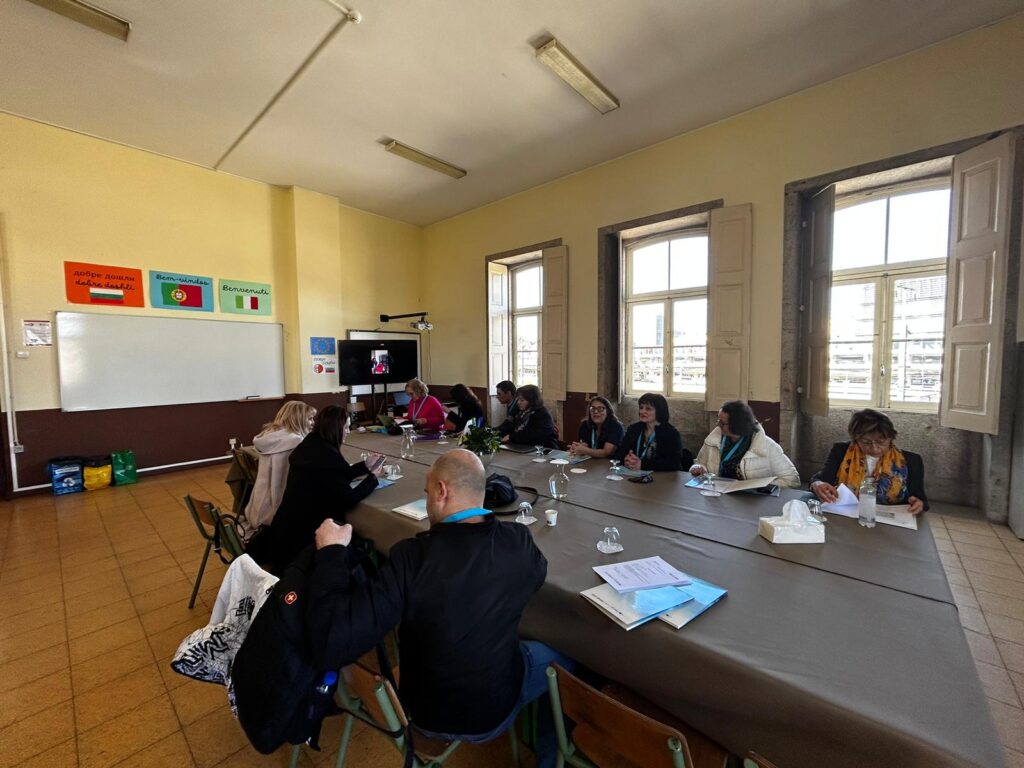
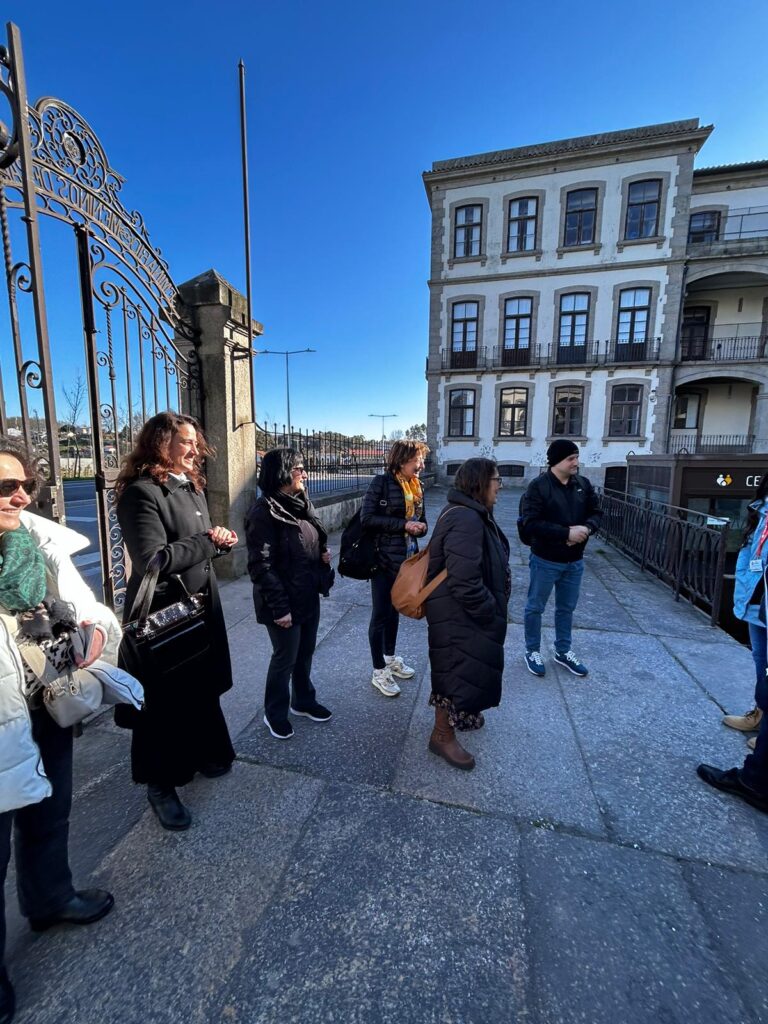

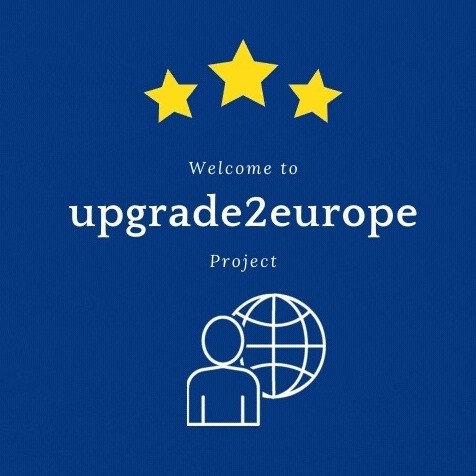
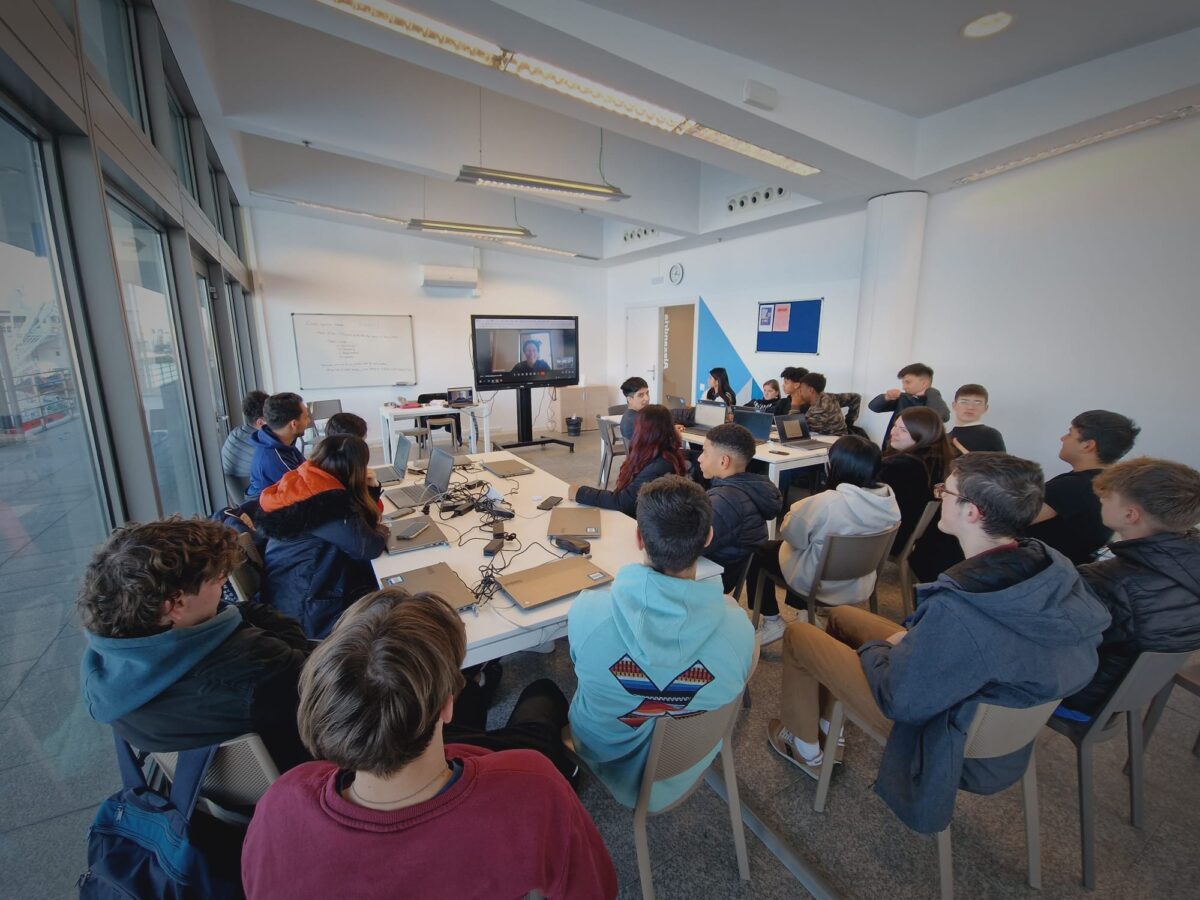


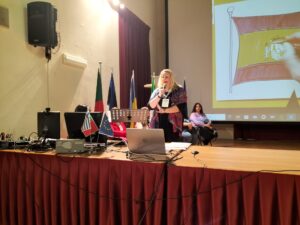
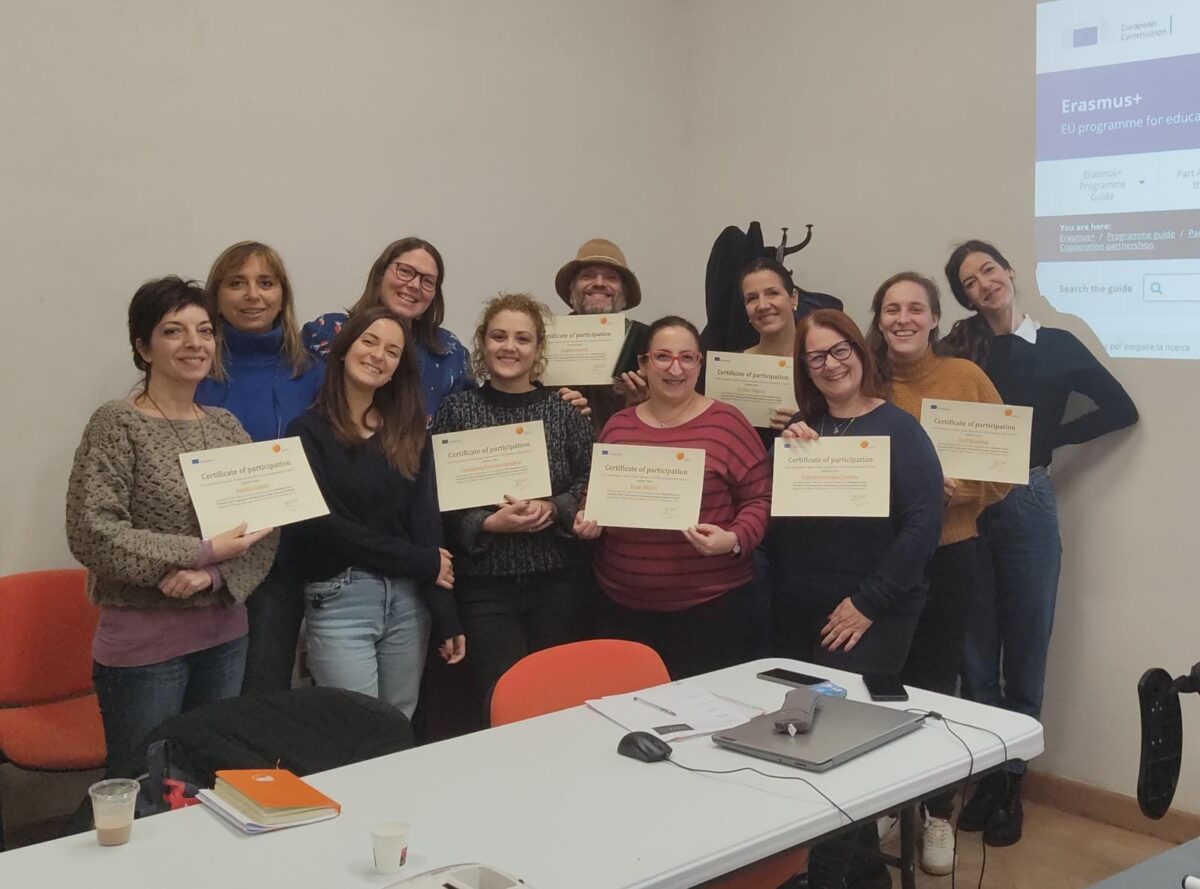
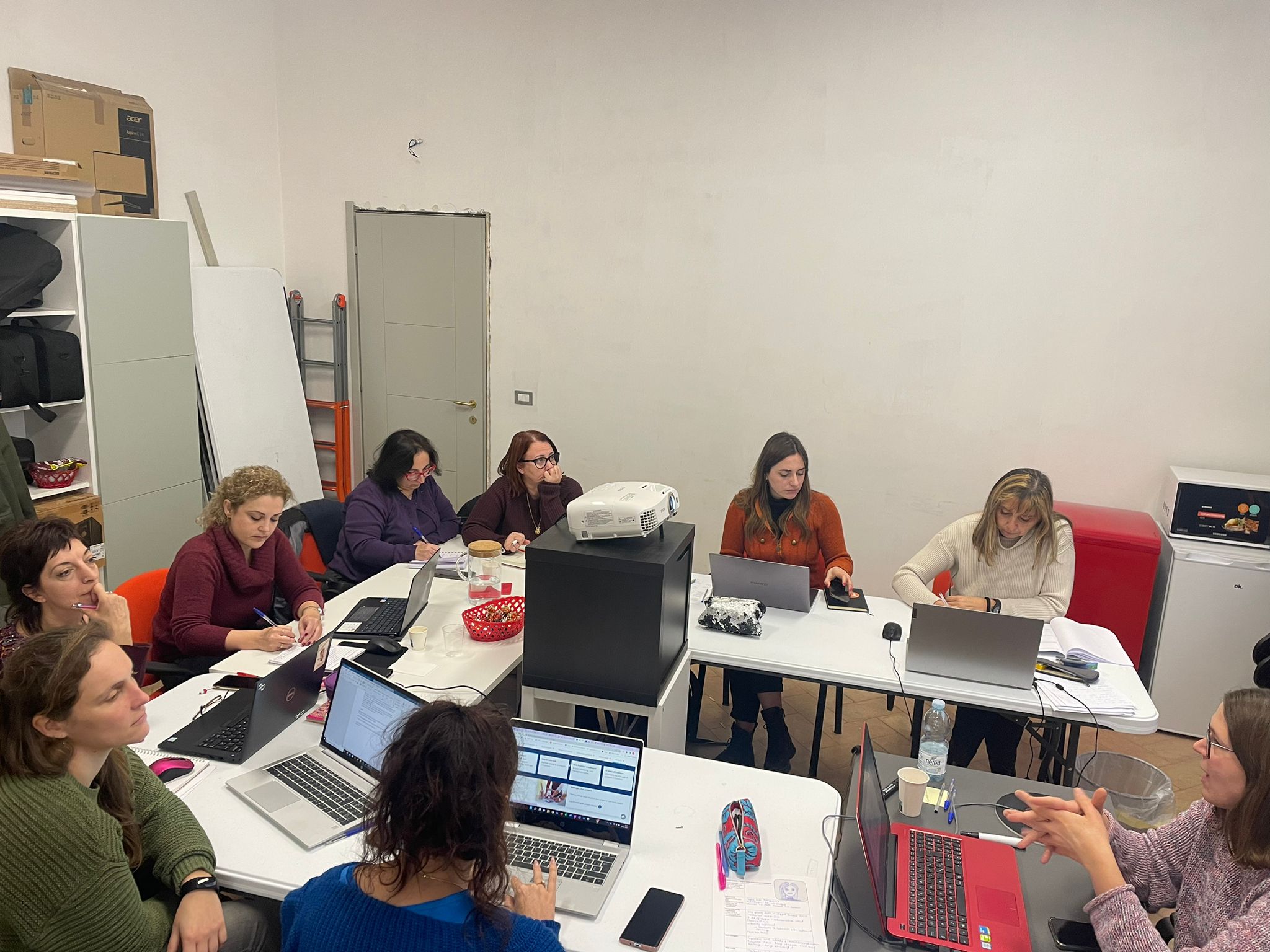
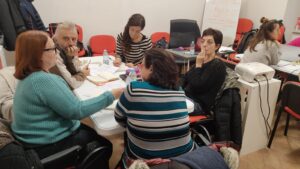
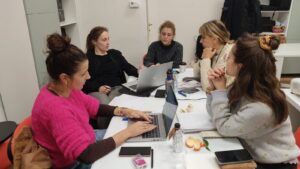 The topics covered by the course ranged from understanding the Erasmus+ programme, contextualized within the policies of the European Commission and sustainable development plans, to the attention in depth of the call prerequisites and effective writing techniques. The hands-on workshop sessions are designed to enable participants to engage with idea development at all stages of a project:
The topics covered by the course ranged from understanding the Erasmus+ programme, contextualized within the policies of the European Commission and sustainable development plans, to the attention in depth of the call prerequisites and effective writing techniques. The hands-on workshop sessions are designed to enable participants to engage with idea development at all stages of a project: